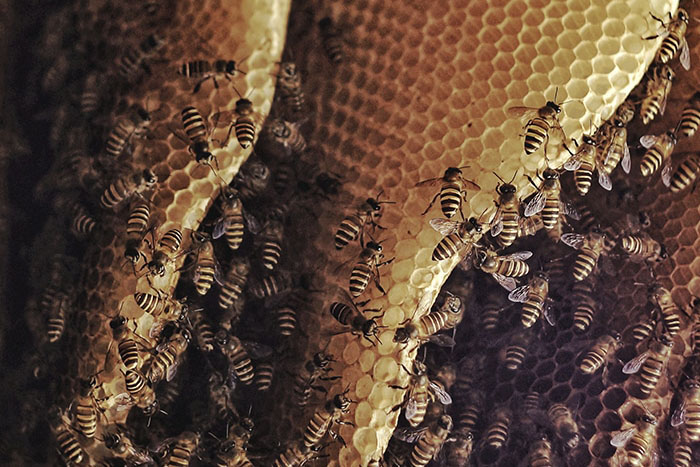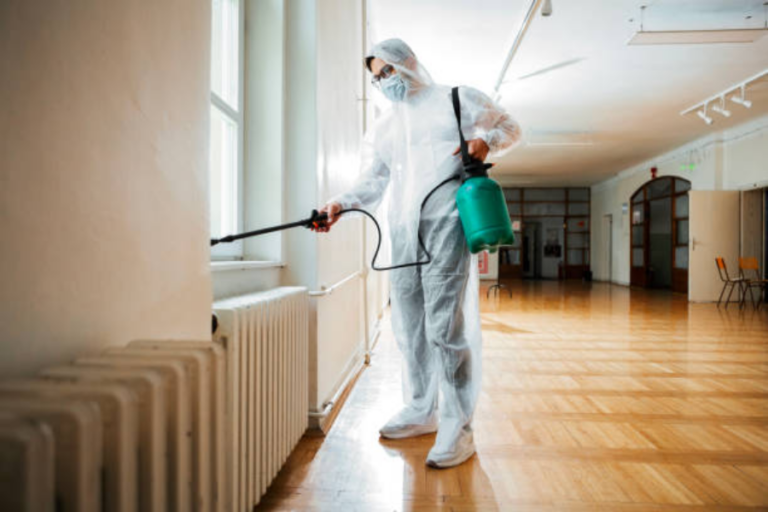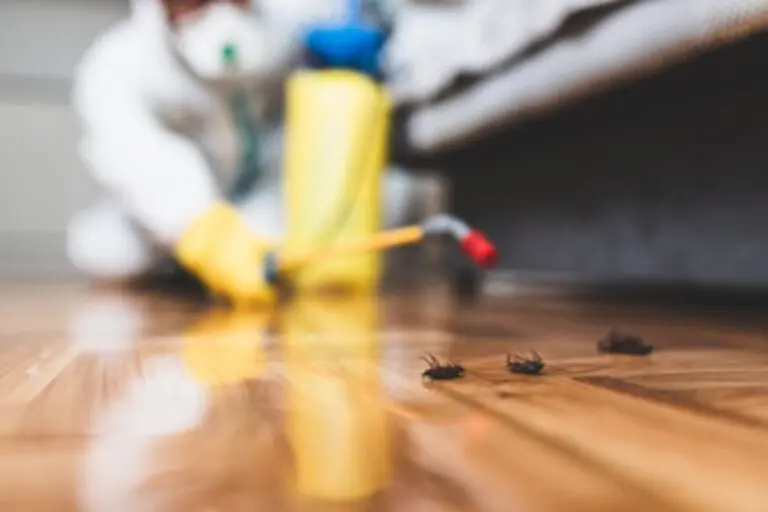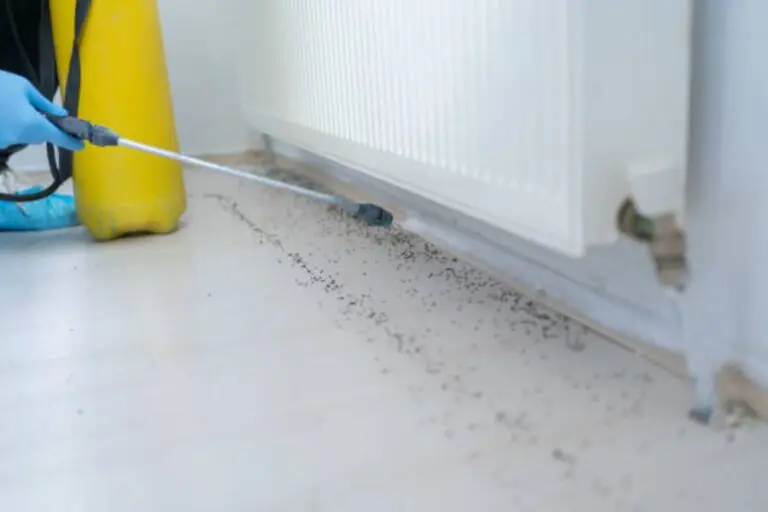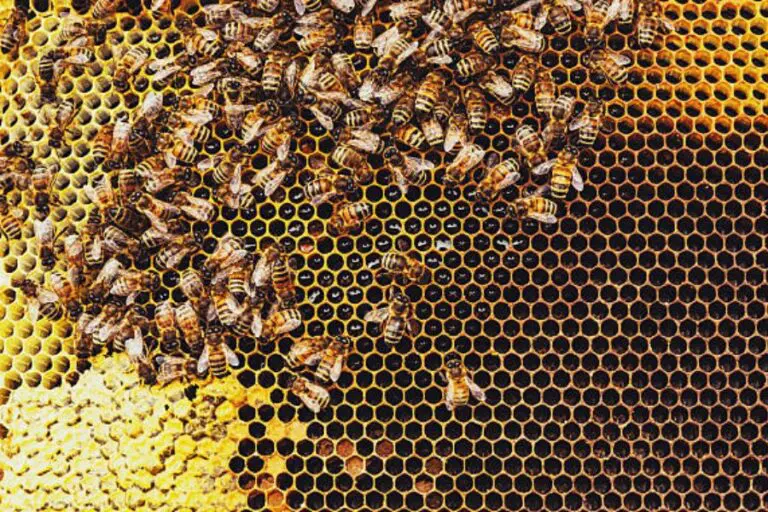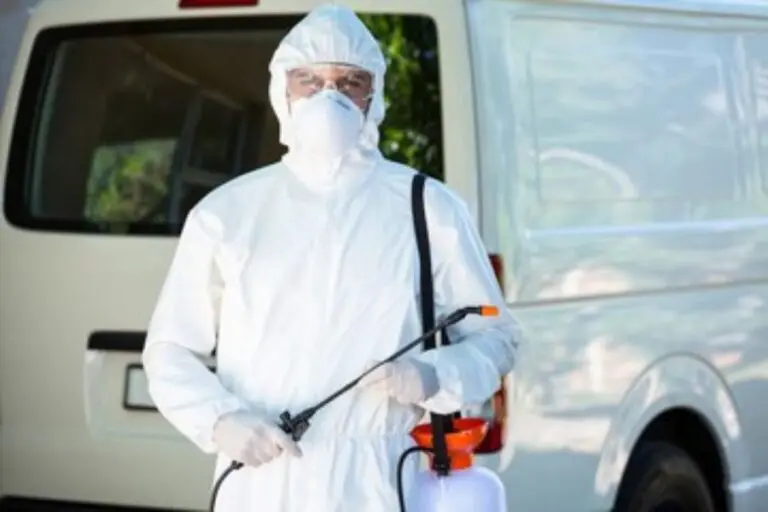The Ultimate Guide to Wasp Nest Removal: Methods, Safety, and Expert Advice
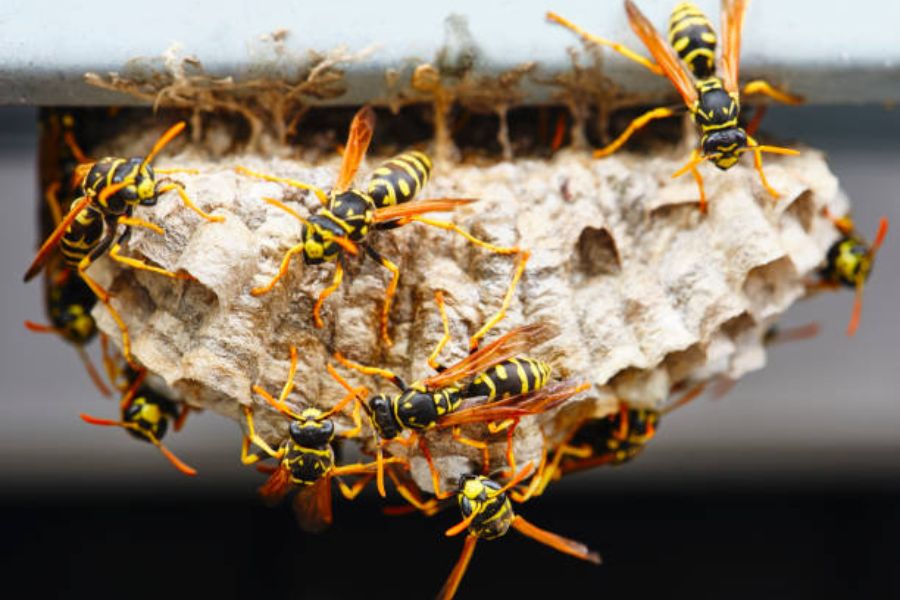
A wasp nest on your property can quickly turn outdoor activities from relaxing to risky. Wasps can be highly aggressive, especially when they feel their nest is threatened, and their stings are painful and sometimes dangerous. A single sting can cause life-threatening reactions in people with wasp venom allergies. This guide explores everything you need to know about wasp nest removal—from identifying the signs of a nest to safely removing it, as well as preventative measures and natural repellent options. By the end of this guide, you’ll be equipped with the knowledge to handle wasp nests safely and protect your space.
What Are Wasps and Why Are They Considered Pests?
Wasps belong to the insect order Hymenoptera, sharing this category with ants and bees. Unlike bees, however, wasps are generally more aggressive, and their defensive behaviour around their nests can make them particularly dangerous. Unlike bees, which have barbed stingers and can only sting once, wasps have smooth stingers, allowing them to sting multiple times.
There are two main types of wasps to be aware of:
Social Wasps: These include species such as yellow jackets and paper wasps. Social wasps live in colonies that can number thousands and exhibit aggressive behaviour to protect their nests. Their colonies can become highly defensive, especially in late summer, as they prepare for the colder months.
Solitary Wasps: Solitary wasps, such as mud daubers, don’t live in colonies and are usually less aggressive. However, they still sting if provoked and can build small nests on walls, under eaves, or in gardens.
Why Are Wasps Considered Pests?
Wasps are beneficial to the environment as they help control other pest populations by preying on insects. However, their aggressive nature and tendency to build nests near human activity make them a significant nuisance. A wasp nest near your home can lead to frequent, painful stings and cause fear, especially during outdoor gatherings, barbecues, and gardening activities.
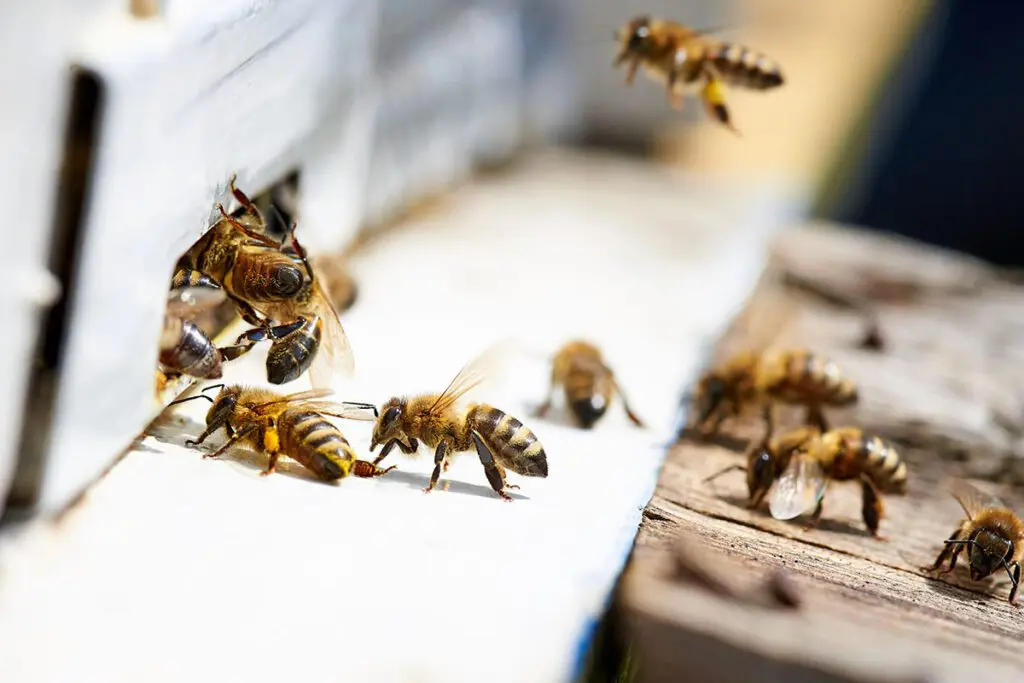
Common Signs of a Wasp Nest on Your Property
Spotting early signs of a wasp nest can help you address the issue before it grows out of control, empowering you to take proactive steps and stay in control. Here are key indicators of a nest nearby:
Increased Wasp Activity: If you notice more wasps than usual, particularly in a specific area around your property, it could indicate the presence of a nearby nest.
Visible Nests: Wasps create a distinctive paper-like nest structure from chewed wood fibres mixed with saliva. These nests can vary in size and location. Common places to look include attics, wall voids, under eaves, on trees, or even in ground burrows.
Buzzing Sounds: Wasps make a characteristic buzzing or humming sound as they move in and out of the nest. This sound is often noticeable near the nest site, especially in wall voids or attics.
Aggressive Behaviour: Wasps become defensive when people come too close to their nest. If you find that wasps in your area are more aggressive or stinging more frequently, this can indicate a nearby nest.
If you notice any of these signs, taking proactive steps to investigate and address the nest can help prevent problems from escalating.
Understanding Wasp Nest Building Behaviour
Wasps are skilled architects who construct their nests using a paper-like material. They gather wood fibres from trees or fences, chew them, and mix them with saliva to create a paste. This paste hardens into a durable structure ideal for housing their colony.
Social Wasps and Large Nests: Social wasps like yellow jackets and paper wasps build communal nests that can house hundreds to thousands of wasps by late summer. These nests have multiple chambers to accommodate eggs, larvae, pupae, and passageways for adult wasps.
Solitary Wasps and Smaller Nests: Solitary wasps, such as mud daubers, create individual nests for their offspring. These nests are smaller and typically house only a single egg or larva. Solitary wasps tend to be less aggressive and rarely sting unless provoked.
Understanding the species and behaviour of the wasps is crucial in determining the most effective wasp nest removal method. This knowledge empowers you to choose the approach that best suits your situation.
Dangers of Having a Wasp Nest Nearby
The presence of a wasp nest on your property comes with various risks:
Aggression and Painful Stings: Wasps can be aggressive, especially when they feel their nest is threatened. Unlike bees, which can only sting once, wasps can sting multiple times, making them more dangerous, particularly for people with allergies to wasp venom.
Health Risks from Allergic Reactions: Wasp stings can cause anaphylaxis, a life-threatening allergic reaction, in people with allergies. Anaphylaxis can lead to symptoms such as difficulty breathing, swelling of the throat, rapid heart rate, and low blood pressure, requiring immediate medical attention.
Attracts Predators: Wasp nests can attract other animals, such as raccoons or even larger animals like bears in rural areas. These animals may try to access the nest to eat the larvae, leading to additional risks.
Potential Property Damage: Wasps that nest in attics or walls can damage insulation, drywall, and other structural components, resulting in costly repairs over time.
The combination of health risks and potential property damage highlights the importance of effective wasp nest removal.
Safe Wasp Nest Removal: DIY vs. Professional Services
While removing a wasp nest on your own is possible, it’s essential to understand the significant risks involved, especially with large or hard-to-reach nests. DIY methods, such as over-the-counter sprays or smoke, may only partially eliminate the nest and could lead to multiple stings if not executed correctly.
Professional pest control companies offer the safest and most reliable option for wasp nest removal. With their experience, tools, and safety gear, they can effectively eliminate nests, even those in challenging locations, using specialised insecticides and removal techniques.
Why Professional Wasp Nest Removal is Recommended
Choosing professional wasp nest removal services offers several advantages, providing you with a sense of relief and peace of mind:
Safety: Professional pest control technicians, with their expertise and protective gear, know how to handle aggressive wasps without risking stings, ensuring your protection and peace of mind.
Effective Techniques: Professionals use industry-grade insecticides and equipment that are more effective than consumer products, providing complete nest removal and reducing the chances of recurrence.
Expert Assessment: Trained technicians can assess the situation, identify the species, and choose the best removal method. This is especially helpful when dealing with large nests requiring specific treatments.
Hiring a professional wasp nest removal service ensures the nest is thoroughly and safely removed.
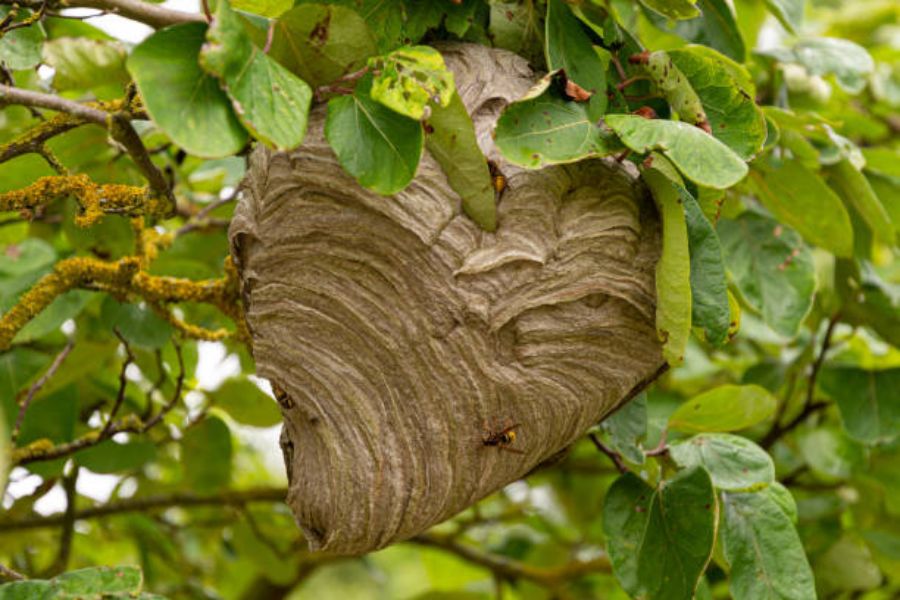
Finding Local Wasp Nest Removal Services
When selecting a wasp nest removal service, consider the following:
Experience and Certification: Look for companies with certified pest control technicians experienced in wasp nest removal.
Safety Protocols: Confirm that the service provider uses safe methods, including eco-friendly products if possible, and has appropriate protective equipment for their technicians.
Customer Reviews: Reading reviews and testimonials can help gauge a company’s reliability and quality of service.
Choosing a reputable local service ensures that the nest will be handled carefully and professionally.
Costs of Professional Wasp Nest Removal
The cost of wasp nest removal depends on various factors, including the location and size of the nest, difficulty of access, and the region in which you live. Typical costs can range from £70 to £150, although more enormous or harder-to-reach nests may cost more.
Investing in professional wasp nest removal can prevent further property damage and reduce health risks, potentially saving on future expenses.
Preventing Wasp Nests from Forming on Your Property
Preventative measures can significantly reduce the likelihood of wasps nesting on your property:
Seal Cracks and Openings: Wasps often enter homes through small gaps. Seal any cracks or holes in your home’s exterior, especially around windows, doors, and eaves.
Keep Food and Sweet Drinks Covered: Wasps are attracted to sugary foods and drinks. Covering these items, especially during outdoor activities, can prevent wasps from lingering.
Manage Waste Properly: Ensure that garbage bins are tightly sealed, as food residue can attract wasps.
Minimise Potential Nesting Sites: Regularly trim trees, shrubs, and other vegetation around your home to make the area less appealing for nesting.
Natural Repellents for Wasp Control
Natural repellents can help deter wasps from building nests around your property:
Peppermint Oil Spray: Wasps dislike the scent of peppermint. Mix peppermint oil with water and spray it around your home, especially near entry points.
Vinegar Solution: A mixture of vinegar and water sprayed around your property is a natural repellent.
Clove and Lemongrass Oils: Essential oils like clove and lemongrass can deter wasps and are safer for both people and pets than chemical alternatives.
Natural repellents may require frequent reapplication, especially after rainfall, but they provide a non-toxic way to discourage wasps.
Long-Term Solutions for Wasp Management
Consider these strategies for long-term wasp management:
Routine Inspections: Check your property for early signs of wasp nests in the spring and summer.
Install Decoy Nests: Wasps are territorial and may avoid building a nest near an existing one. Decoy nests can be placed in areas prone to wasp activity.
Hire Annual Pest Control Services: Professional pest control companies can perform periodic checks and treatments to ensure your property remains wasp-free.
Proactive management helps to prevent future wasp infestations and ensures a safe outdoor environment.
Safe and Effective Wasp Nest Removal
Handling wasp nests requires knowledge and caution. With the right approach—whether through professional help, preventative measures, or natural deterrents—you can create a safer environment for yourself and your family. Professional wasp nest removal is the best action for larger nests or nests in risky locations.
Whether dealing with a wasp nest or taking steps to prevent one, understanding the risks and removal options ensures you’re prepared to enjoy your outdoor spaces safely.
